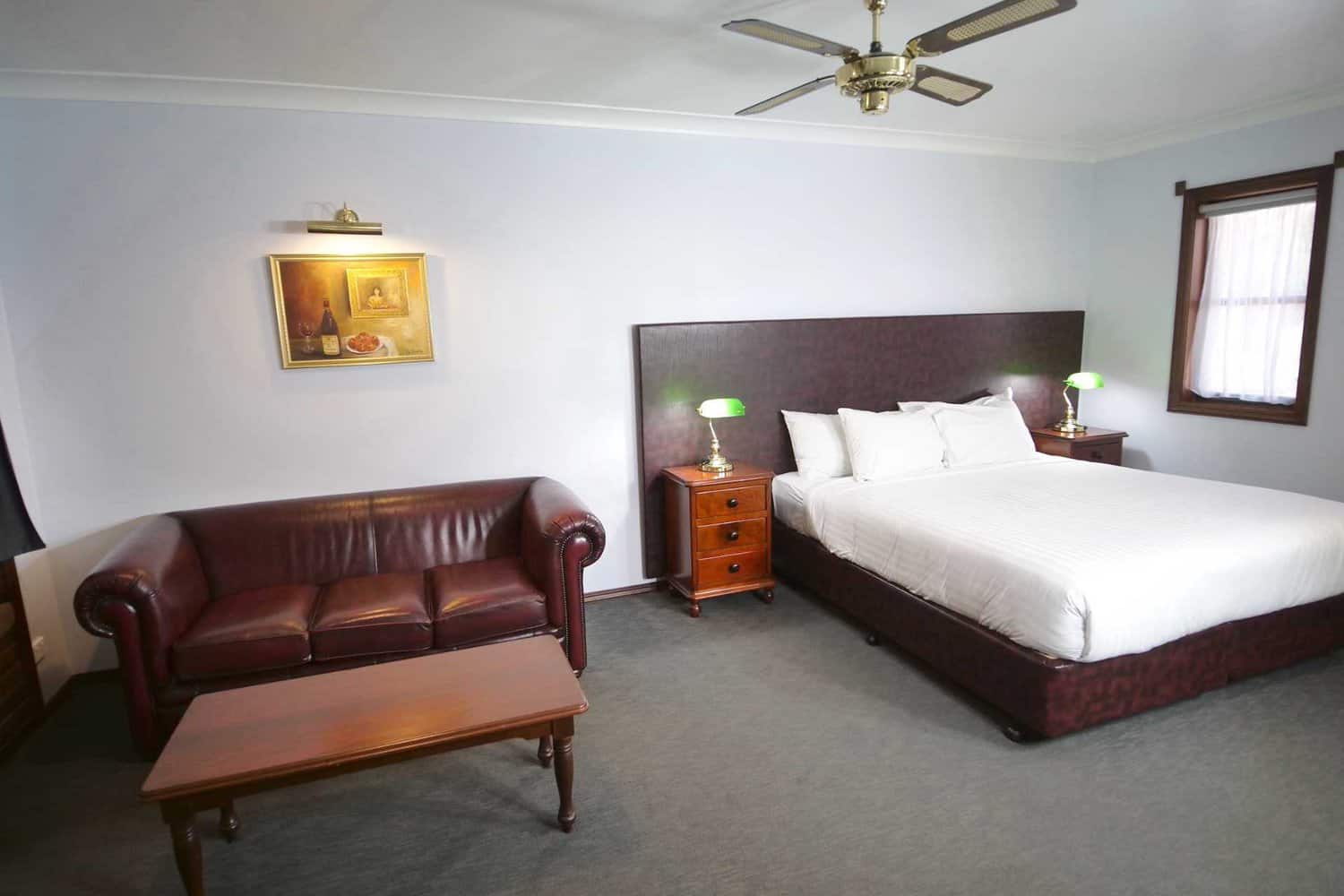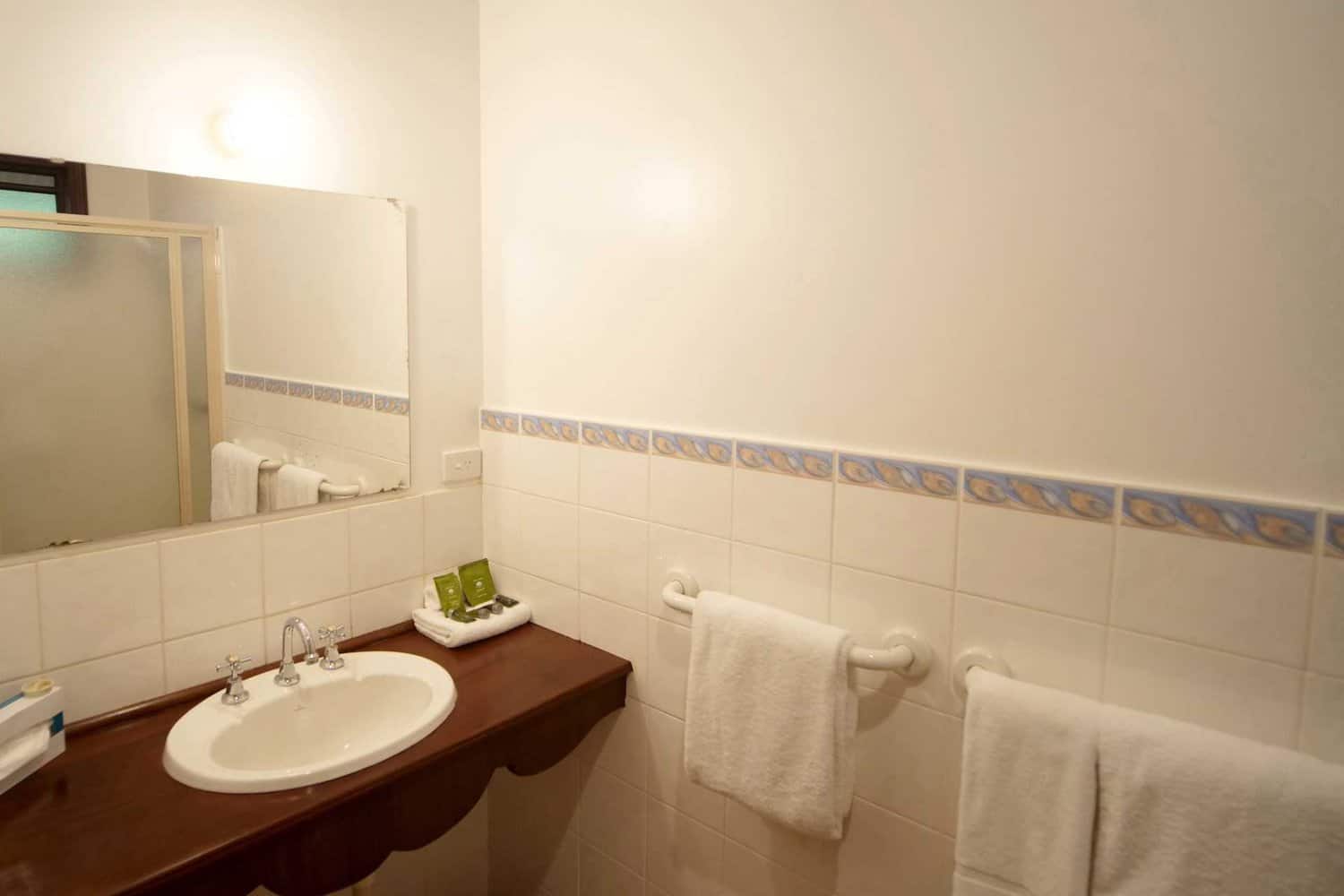Hotel Cancellation Policies: Everything You Need To Know
Are you planning a trip and wondering about hotel cancellation policies? It’s important to understand the terms and conditions of your hotel booking before making a reservation. Hotel cancellation policies can vary widely depending on the hotel, the room type, and the booking platform you use.
Drawing on over 13 years of experience as a hotel owner, I’ve encountered countless situations involving cancellations, from the straightforward to the complex. This experience has equipped me with insights into the best practices for handling cancellations, which I’m eager to share with you.
Whether you’re planning a fun vacation or a trip for work, knowing about cancellation policies can help you save time, money, and avoid stress. This makes your trip better and more fun. Let’s learn about the important parts of hotel cancellation policies so you can book your stays without worrying.

Understanding Hotel Cancellation Policies
When booking a hotel, it’s important to understand the hotel’s cancellation policy. This can help you avoid any unexpected charges or fees if you need to cancel your reservation. In this section, we’ll go over the reasons for cancellation and the types of cancellation policies you may encounter.
Reasons for Cancellation
There are many reasons why you may need to cancel your hotel reservation. Some common reasons include changes in travel plans, illness, or unexpected events. It’s important to check the hotel’s cancellation policy to see if they allow cancellations before you hit the “book now” button and what the deadline is for cancelling without penalty.
Types of Cancellation Policies
Hotels may have different types of cancellation policies, so it’s important to read the policy carefully before booking. Here are some common types of cancellation policies:
- Flexible: This type of policy allows you to cancel your reservation up until a certain time before your stay without penalty. The deadline for cancellation may vary depending on the hotel.
- Moderate: This policy usually requires you to cancel your reservation a few days before your stay to avoid a penalty.
- Strict: This policy may require you to cancel your reservation up to a week or more before your stay to avoid a penalty. Some strict policies may not allow cancellations at all.
- Non-refundable: This type of policy means that you will not receive a refund if you cancel your reservation.
It’s important to note that some hotels may have different cancellation policies for different types of rooms or rates. For example, a non-refundable rate may be cheaper than a flexible rate, but it may come with more restrictions.
How to Cancel a Hotel Reservation
Cancellation Process
Cancelling a hotel reservation is a straightforward process, but it is important to be aware of the hotel’s cancellation policy before making the reservation. Most hotels allow cancellations up to a certain time before check-in, and some hotels may require a deposit or payment upfront that is non-refundable. It is important to read the cancellation policy carefully before making the reservation to avoid any surprises.
To cancel a hotel reservation, you can usually do so online or by calling the hotel directly. If you made the reservation through a third-party booking site, such as Booking.com, you may need to cancel through that site instead of directly with the hotel. Be sure to have your reservation details handy when you call, such as your confirmation number and the dates of your stay.
Timing of Cancellation
The timing of your cancellation can affect whether or not you receive a refund. Most hotels have a cancellation deadline, which is typically 24-48 hours before check-in. If you cancel before this deadline, you may be eligible for a full refund. If you cancel after the deadline, you may still be charged for the first night or a percentage of your total stay. Some hotels may have more strict policies, such as requiring a week’s notice for cancellations.
It is important to note that if you booked a non-refundable room, you will not be eligible for a refund regardless of when you cancel. Non-refundable rooms are typically cheaper than refundable ones, but they come with the risk of losing your money if you need to cancel.

Potential Costs and Fees
When it comes to hotel cancellations, there are a few potential costs and fees that you should be aware of. These can vary depending on the hotel and the specific terms of your booking. Here are some common fees you may encounter:
Cancellation Fees
Many hotels have a cancellation fee if you cancel your reservation after a certain date. This fee can vary depending on the hotel and the length of your stay. Some hotels may charge a flat fee, while others may charge a percentage of the total cost of your stay.
It’s important to read the cancellation policy carefully before booking your hotel to understand what fees you may be charged if you need to cancel your reservation. Keep in mind that some hotels may have different cancellation policies for different types of rooms or rates.
No-Show Charges
If you don’t show up for your reservation and don’t cancel ahead of time, you may be charged a no-show fee. This fee can be equivalent to one night’s stay or the entire cost of your reservation, depending on the hotel’s policy.
To avoid a no-show fee, be sure to cancel your reservation ahead of time if you can’t make it. Even if you’re not sure if you’ll be able to make it, it’s better to cancel ahead of time than risk being charged a fee.
Refunds and Credits
If you need to cancel a hotel reservation, it’s important to know the hotel’s cancellation policy and whether you’re eligible for a refund or credit. Here’s what you need to know about refunds and credits for hotel cancellations.
Eligibility for Refunds
Many hotels offer free cancellation up to a certain time before check-in, while others have non-refundable rates. If you cancel within the hotel’s cancellation window, you may be eligible for a full or partial refund. However, if you cancel outside of the cancellation window or have booked a non-refundable rate, you may not be eligible for a refund.
It’s important to read the hotel’s cancellation policy carefully before booking to understand your eligibility for refunds and credits. Some hotels may offer credits instead of refunds, which can be used towards a future stay at the hotel.
Processing Timeframes
The processing time for refunds and credits can vary depending on the hotel and payment method. Some hotels may process refunds immediately, while others may take several business days. If you paid with a credit card, it may take additional time for the refund to appear on your statement.
If you’re eligible for a credit, the hotel may provide you with a voucher or code to use towards a future stay. Make sure to check the expiration date and any restrictions on the credit before using it.
Travel Insurance and Cancellations
If you’re planning a trip, it’s essential to consider the possibility of cancellation. Even if you have a flexible schedule, unexpected events such as illness, natural disasters, or work obligations can force you to cancel or reschedule your trip. In such cases, travel insurance can provide peace of mind and financial protection.
Benefits of Travel Insurance
Travel insurance can cover a wide range of expenses, including medical emergencies, trip interruption, and lost or stolen baggage. However, one of the most crucial benefits of travel insurance is cancellation coverage. Most policies offer reimbursement for non-refundable prepaid travel expenses if you need to cancel your trip before departure. This can include airfare, hotel reservations, and tour packages.
Insurance Coverage for Cancellations
The amount of coverage for cancellations varies depending on the policy and the reason for cancellation. Some policies only cover cancellations due to specific reasons, such as illness, injury, or death of a family member. Other policies offer more comprehensive coverage, including cancel for any reason (CFAR) coverage.
CFAR coverage allows you to cancel your trip for any reason and receive a partial refund. However, CFAR coverage typically costs more than standard travel insurance policies. Still, it can be worth it if you want more flexibility and peace of mind.
When purchasing travel insurance, it’s essential to read the policy carefully and understand the coverage limitations and exclusions. For example, travel insurance will not cover losses arising from self-harm, foreseeable events, acts of war, taking part in activities considered dangerous (e.g., skydiving, bungee jumping). Additionally, some policies have specific requirements for cancellation, such as needing to cancel a specific number of days in advance.

Hotel Cancellation Policies by Region
When it comes to hotel cancellation policies, the rules can vary greatly depending on the region you’re in. Here are some general guidelines to help you understand what to expect in different parts of the world.
Europe
In Europe, hotel cancellation policies tend to be more lenient than in other regions. Many hotels allow you to cancel your reservation up to 24 hours before your scheduled arrival time without incurring any fees. However, some hotels may require you to cancel your reservation up to 48 or 72 hours in advance to avoid a penalty. Be sure to read the cancellation policy carefully when booking your hotel to avoid any surprises.
North America
In North America, hotel cancellation policies can be more strict than in Europe. Many hotels require you to cancel your reservation at least 48 hours in advance to avoid a penalty. Some hotels may even require you to cancel your reservation up to a week in advance. However, some hotels offer more flexible cancellation policies, so be sure to check the specific policy when booking your hotel.
Asia
In Asia, hotel cancellation policies can vary widely depending on the country and hotel. Some hotels may allow you to cancel your reservation up to 24 hours in advance without penalty, while others may require you to cancel your reservation up to a week in advance. Some hotels may even require you to pay a penalty equal to one night’s stay if you cancel your reservation at any time. It’s important to carefully read the cancellation policy when booking your hotel in Asia to avoid any surprises.
Negotiating Cancellations
If you need to cancel your hotel reservation, you can try contacting the hotel directly to negotiate the cancellation policy. Some hotels may be willing to waive the cancellation fee or offer a refund if you have a valid reason for cancelling your reservation. You can explain your situation and see if the hotel is willing to work with you. Be polite and friendly when you speak with the hotel staff, and explain your situation clearly.
If you booked using a website like Booking.com, (ie. a third party), then you may need to go direct to the third party to have the booking cancelled. This is one reason I prefer to book direct, as I find hotel owners are much more flexible about changes and cancellations if they don’t have to deal with Booking.com themselves.
Prevention and Best Practices
When it comes to hotel bookings, it’s essential to understand the cancellation policies before making a reservation. This way, you can avoid any surprises or unexpected fees if you need to cancel your reservation. Here are some best practices to help you prevent any confusion or issues with hotel cancellation policies.
Reading Policies Before Booking
Before booking a hotel, take some time to read and understand the cancellation policy. Most hotels have a standard policy that applies to all reservations, but some may have different policies for different room types or rates. It’s important to know the details of the policy, such as the deadline for cancellation, whether there is a penalty fee, and how much the fee is. If you’re unsure about the policy, reach out to the hotel’s customer service team for clarification.
Communicating with Customer Service
If you have any questions or concerns about a hotel’s cancellation policy, don’t hesitate to reach out to their customer service team. They can provide you with more information about the policy, and they may be able to offer you alternatives if you need to cancel your reservation.
When communicating with customer service, be sure to provide them with your reservation details, including your confirmation number and the dates of your stay. This will help them locate your reservation quickly and provide you with accurate information.

Wrapping Up: Hotel Cancellation Policies
Knowing the rules around hotel cancellation policies can really help make planning your trips easier and less worrisome. It’s good to know you can change plans without losing money or getting stressed.
But there’s so much more to learn about staying in hotels! I have lots of tips and advice on my blog that can help you with other hotel stuff, like booking your room or checking in. Keep reading my blog to learn more about hotels and make every trip you take really fun and easy! You’re on your way to becoming a travel expert!
Related Posts:
